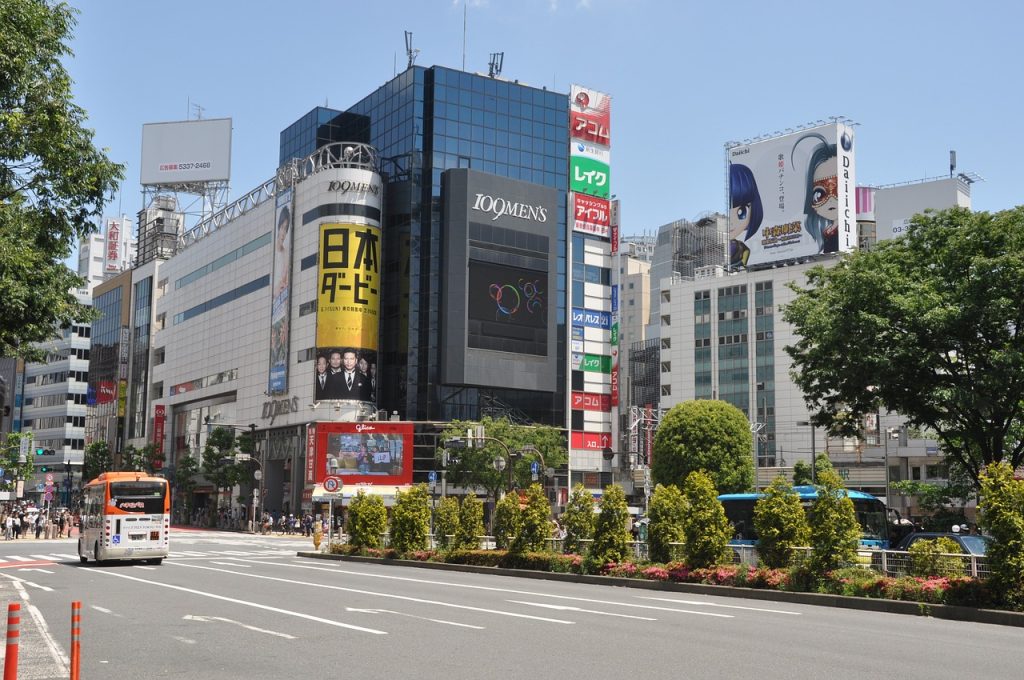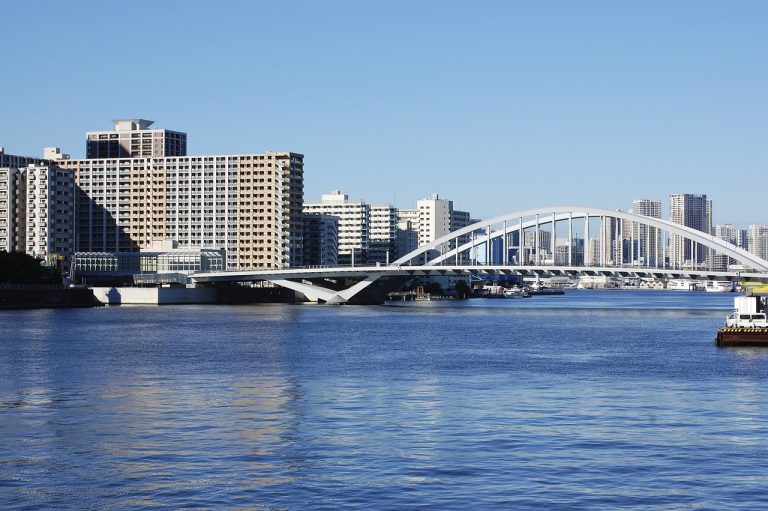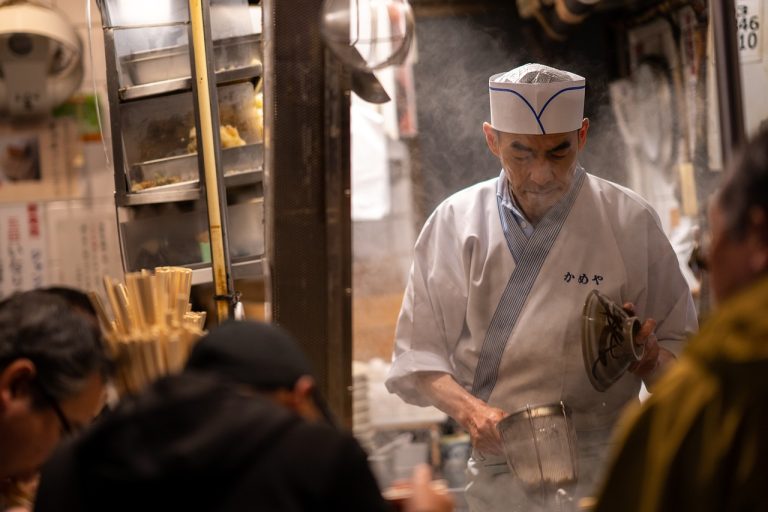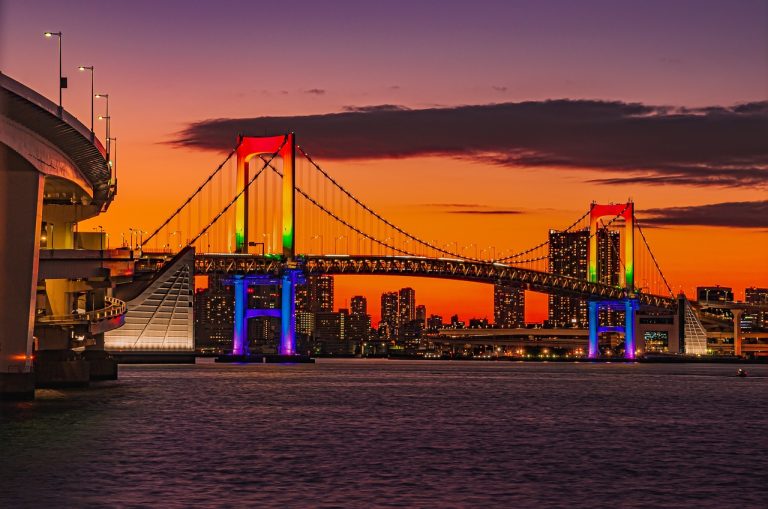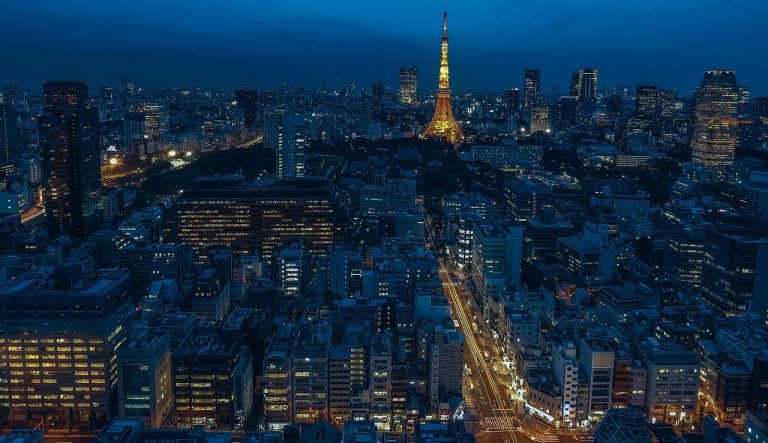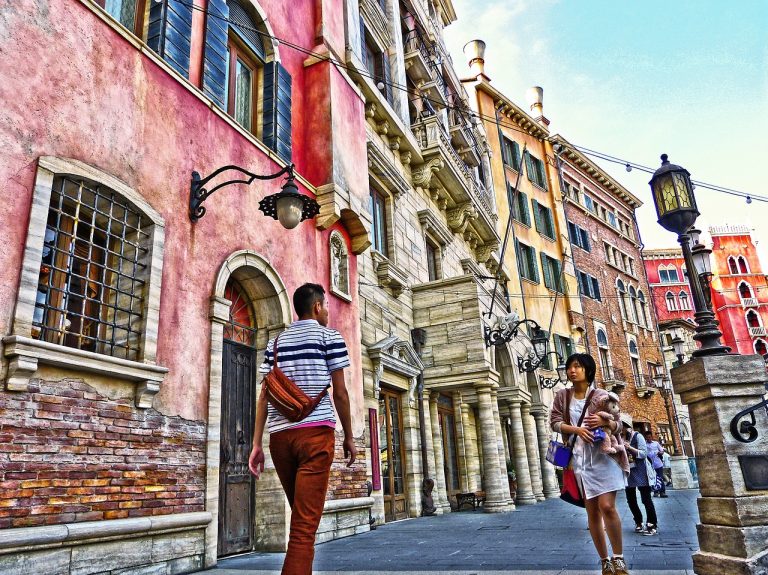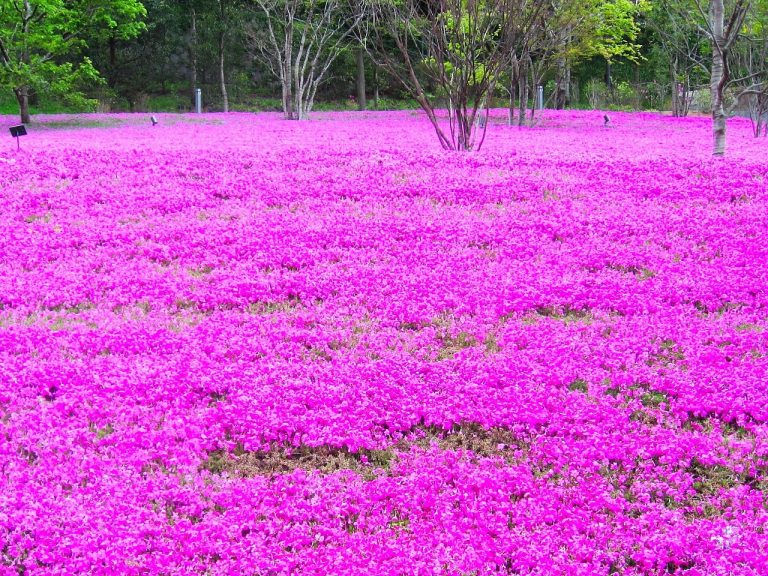Tokyo Japan Video
Architectural Wonders: Iconic Buildings in Tokyo Japan
Tokyo, the bustling capital city of Japan, is renowned for its unique blend of traditional and modern architecture. From ancient temples to contemporary skyscrapers, Tokyo showcases a variety of architectural wonders that captivate visitors from around the world. In this article, we will explore ten iconic buildings in Tokyo that highlight the city’s architectural prowess and cultural significance.
Tokyo Japan Image 1:
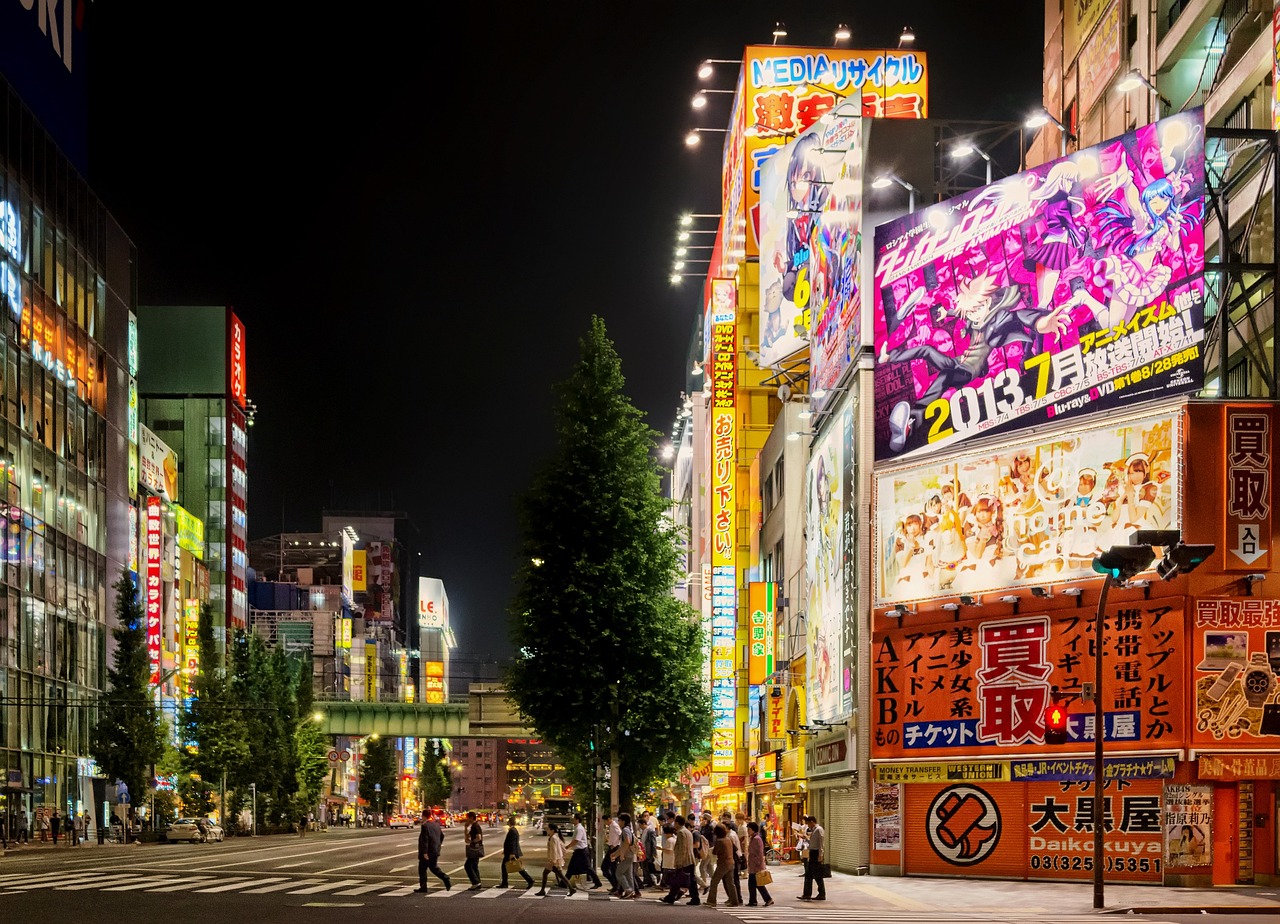
1. Tokyo Skytree
The Tokyo Skytree is an impressive feat of modern engineering and a prominent landmark in Tokyo’s skyline. Standing at a height of 634 meters, it is the tallest tower in Japan and one of the tallest in the world. The tower offers breathtaking panoramic views of the city from its observation decks, which are located at various heights. Visitors can also enjoy shopping, dining, and entertainment experiences in the adjacent Tokyo Solamachi complex.
- The Tokyo Skytree is a symbol of Tokyo’s technological advancements and modern architecture.
- Keywords: Tokyo Skytree, tallest tower, observation decks, Tokyo Solamachi complex.
- The tower provides stunning views of Tokyo’s cityscape.
- It offers a range of entertainment and shopping options.
- The Tokyo Skytree attracts millions of visitors every year.
2. Senso-ji Temple
Senso-ji Temple, located in the Asakusa district of Tokyo, is one of the city’s oldest and most significant Buddhist temples. The temple’s iconic entrance gate, called Kaminarimon, is adorned with a massive red lantern and is a popular spot for tourists to take photos. Inside the temple grounds, visitors can explore various halls, pagodas, and gardens that showcase traditional Japanese architecture and cultural heritage.
- Senso-ji Temple is a historic and sacred site in Tokyo.
- Keywords: Senso-ji Temple, Asakusa district, Kaminarimon, traditional Japanese architecture.
- The temple is dedicated to the Buddhist goddess of mercy, Kannon.
- Visitors can witness traditional rituals and ceremonies at the temple.
- Senso-ji Temple is a popular destination during festivals like Hanami and Sanja Matsuri.
Tokyo Japan Image 2:
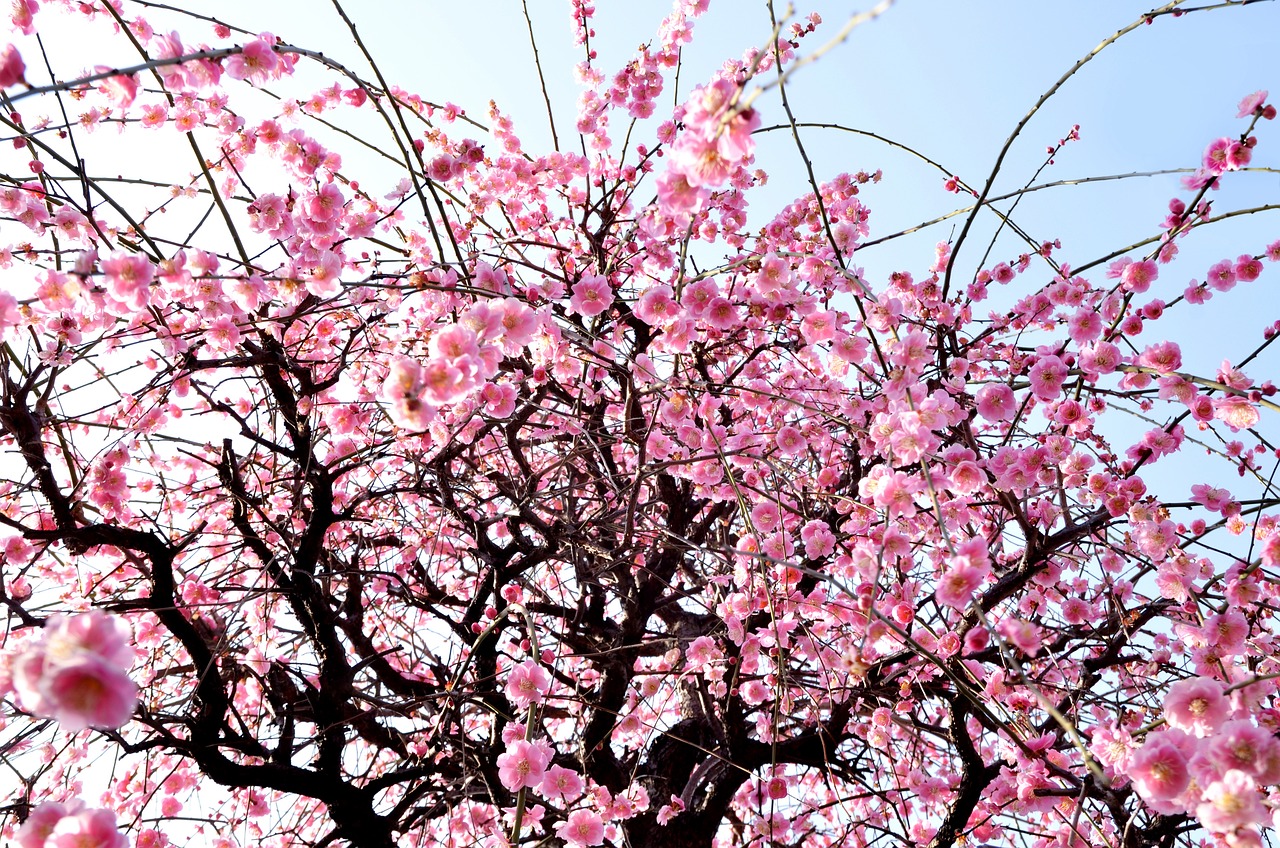
3. Tokyo Station
Tokyo Station is a historic railway station that serves as a gateway to the city. Its red-brick facade and grand design reflect the architectural style of the early 20th century. The station features a distinctive domed roof and intricate interior details, making it a popular destination for architecture enthusiasts. Tokyo Station is not only a transportation hub but also houses a variety of shops, restaurants, and galleries.
- Tokyo Station is a significant landmark and transportation hub in Tokyo.
- Keywords: Tokyo Station, historic railway station, red-brick facade, domed roof.
- The station was originally built in 1914 and has undergone several renovations.
- It is known for its beautiful architecture and preserved heritage.
- Tokyo Station connects various train lines, including the famous Shinkansen bullet trains.
4. Tokyo Tower
Tokyo Tower, inspired by the Eiffel Tower in Paris, is an iconic landmark that offers stunning views of the city. Standing at a height of 333 meters, it was the tallest structure in Japan until the completion of the Tokyo Skytree. Visitors can ascend to the observation decks to enjoy panoramic vistas, dine in restaurants, and even experience a virtual reality tour. Tokyo Tower is particularly enchanting at night when it illuminates the city with colorful lights.
- Tokyo Tower is a famous observation and communication tower in Tokyo.
- Keywords: Tokyo Tower, Eiffel Tower, observation decks, virtual reality tour.
- The tower provides a 360-degree view of Tokyo’s skyline.
- It is a popular spot for marriage proposals and romantic dates.
- Tokyo Tower hosts various events and exhibitions throughout the year.
Tokyo Japan Image 3:
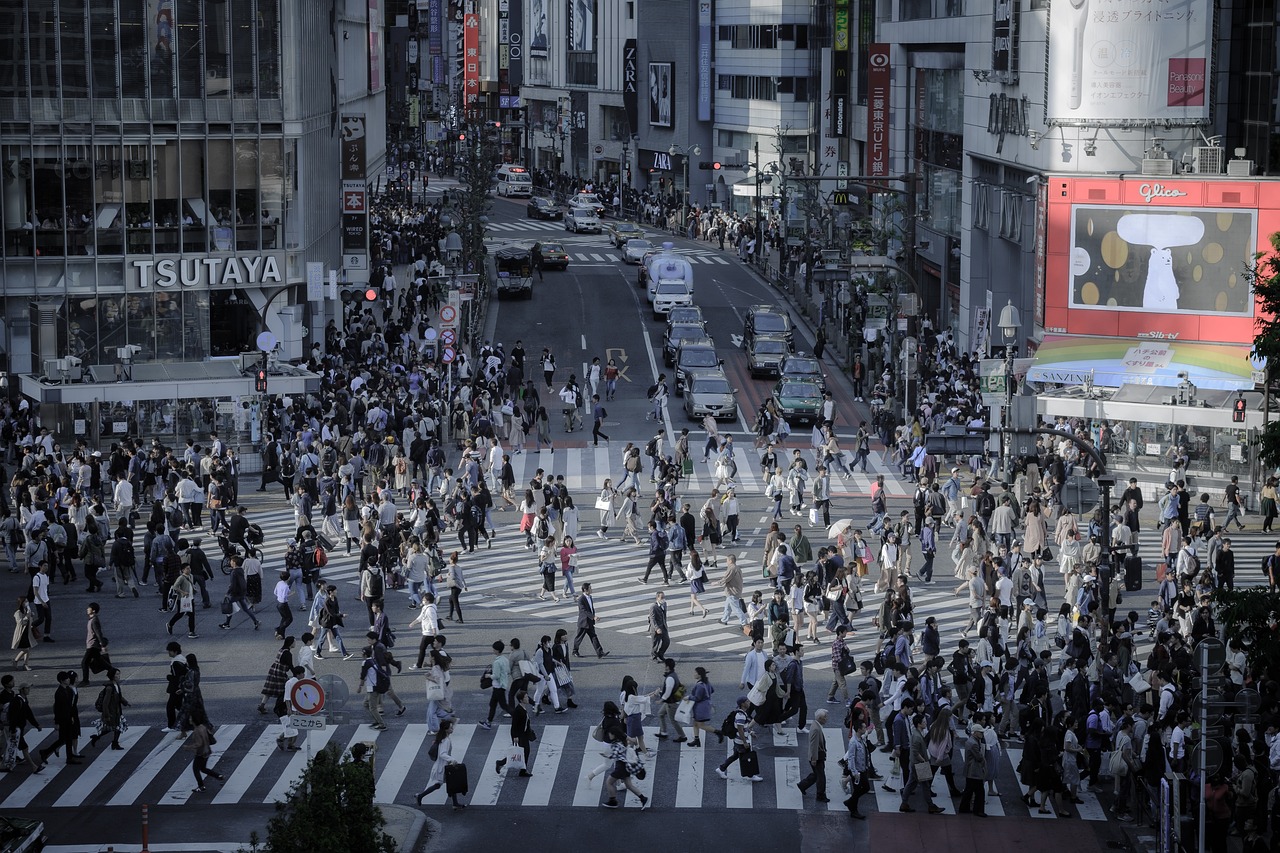
5. Meiji Shrine
Meiji Shrine is a tranquil oasis located in the heart of Tokyo’s bustling Shibuya district. Dedicated to Emperor Meiji and Empress Shoken, it is one of Japan’s most important Shinto shrines. The shrine’s architecture reflects traditional Japanese design, with its towering torii gate, wooden buildings, and serene gardens. Visitors can experience peaceful walks, witness traditional ceremonies, and admire the beauty of nature within the shrine grounds.
- Meiji Shrine is a revered Shinto shrine in Tokyo.
- Keywords: Meiji Shrine, Shibuya district, Emperor Meiji, traditional Japanese design.
- The shrine was established in 1920 to honor Emperor Meiji and Empress Shoken.
- It is surrounded by a lush forest, creating a serene atmosphere.
- Meiji Shrine is a popular venue for traditional weddings.
6. National Diet Building
The National Diet Building serves as the seat of Japan’s bicameral legislature, the National Diet. The architectural style of the building is a combination of Western and traditional Japanese elements, showcasing the country’s blend of modernity and tradition. Visitors can explore the building’s exterior and gardens, and even attend public sessions or committee meetings when available. The National Diet Building symbolizes Japan’s democratic governance and political system.
- The National Diet Building is the political center of Japan.
- Keywords: National Diet Building, bicameral legislature, Western and traditional Japanese elements.
- The building was completed in 1936 and has witnessed significant moments in Japanese history.
- It is a symbol of democracy and political transparency in Japan.
- Visitors can learn about Japan’s political system through guided tours and exhibitions.
7. Mori Tower
Mori Tower, located in the Roppongi Hills complex, is a modern skyscraper that offers breathtaking views of Tokyo. Standing at 238 meters tall, it houses various offices, shops, restaurants, and an observation deck called the Tokyo City View. The observation deck provides a 360-degree view of the city, including landmarks such as Tokyo Tower and Tokyo Bay. Mori Tower is also home to the Mori Art Museum, which showcases contemporary art from around the world.
- Mori Tower is a prominent skyscraper in Tokyo’s Roppongi district.
- Keywords: Mori Tower, Roppongi Hills complex, Tokyo City View, Mori Art Museum.
- The tower is known for its modern architecture and panoramic views.
- Visitors can enjoy shopping, dining, and cultural experiences within the complex.
- Mori Tower hosts various art exhibitions and events throughout the year.
8. Rainbow Bridge
The Rainbow Bridge is an iconic suspension bridge that connects the Shibaura Pier to the Odaiba waterfront area in Tokyo. The bridge’s vibrant lights illuminate the night sky, creating a mesmerizing sight. Visitors can walk or cycle across the bridge, enjoying stunning views of Tokyo Bay and the city’s skyline. The Rainbow Bridge is particularly enchanting during special events and fireworks displays.
- The Rainbow Bridge is a famous landmark and pedestrian bridge in Tokyo.
- Keywords: Rainbow Bridge, suspension bridge, Odaiba waterfront, Tokyo Bay.
- The bridge was completed in 1993 and has become an integral part of Tokyo’s landscape.
- It offers picturesque views of the city’s waterfront and skyline.
- Special lighting effects and events make the Rainbow Bridge a popular attraction.
9. Asakusa Culture Tourist Information Center
The Asakusa Culture Tourist Information Center is a unique architectural marvel that combines traditional and contemporary design elements. The center serves as a gateway to the historic Asakusa district and offers panoramic views of Tokyo Skytree and Senso-ji Temple from its observation deck. Visitors can obtain information about the area, participate in cultural activities, and appreciate the architectural beauty of the building.
- The Asakusa Culture Tourist Information Center is a prominent landmark in Tokyo’s Asakusa district.
- Keywords: Asakusa Culture Tourist Information Center, traditional and contemporary design, observation deck.
- The building’s design resembles a traditional Japanese pagoda with a modern twist.
- It provides visitors with valuable information about Asakusa’s attractions and events.
- The observation deck offers stunning views of nearby landmarks.
10. Tokyo International Forum
The Tokyo International Forum is a multipurpose exhibition center and concert hall located in the Marunouchi district of Tokyo. The futuristic glass and steel structure stands out amidst the surrounding buildings. The forum hosts various events, including exhibitions, conferences, and concerts. Its unique architectural design and spacious interiors make it a popular venue for both domestic and international events.
- The Tokyo International Forum is a renowned exhibition and concert venue in Tokyo.
- Keywords: Tokyo International Forum, Marunouchi district, glass and steel structure.
- The building’s design represents a fusion of modernity and functionality.
- It hosts a wide range of events, from art exhibitions to music concerts.
- The Tokyo International Forum is known for its acoustics and architectural grandeur.
Conclusion
Tokyo, Japan’s vibrant capital, is a treasure trove of architectural wonders. From towering skyscrapers to ancient temples, the city offers a blend of traditional and modern architectural marvels that reflect its rich history and cultural heritage. Exploring these iconic buildings allows visitors to appreciate Tokyo’s unique charm and experience the harmonious coexistence of past and present. Whether it’s the breathtaking views from observation decks, the serenity of historic temples, or the modern grandeur of exhibition centers, Tokyo’s architectural wonders never fail to leave a lasting impression.
References
- www.tokyo-skytree.jp
- www.senso-ji.jp
- www.jreast.co.jp
- www.tokyotower.co.jp
- www.meijijingu.or.jp
- www.shugiin.go.jp
- www.roppongihills.com
- www.mlit.go.jp
- www.tourism.metro.tokyo.lg.jp
- www.t-i-forum.co.jp

